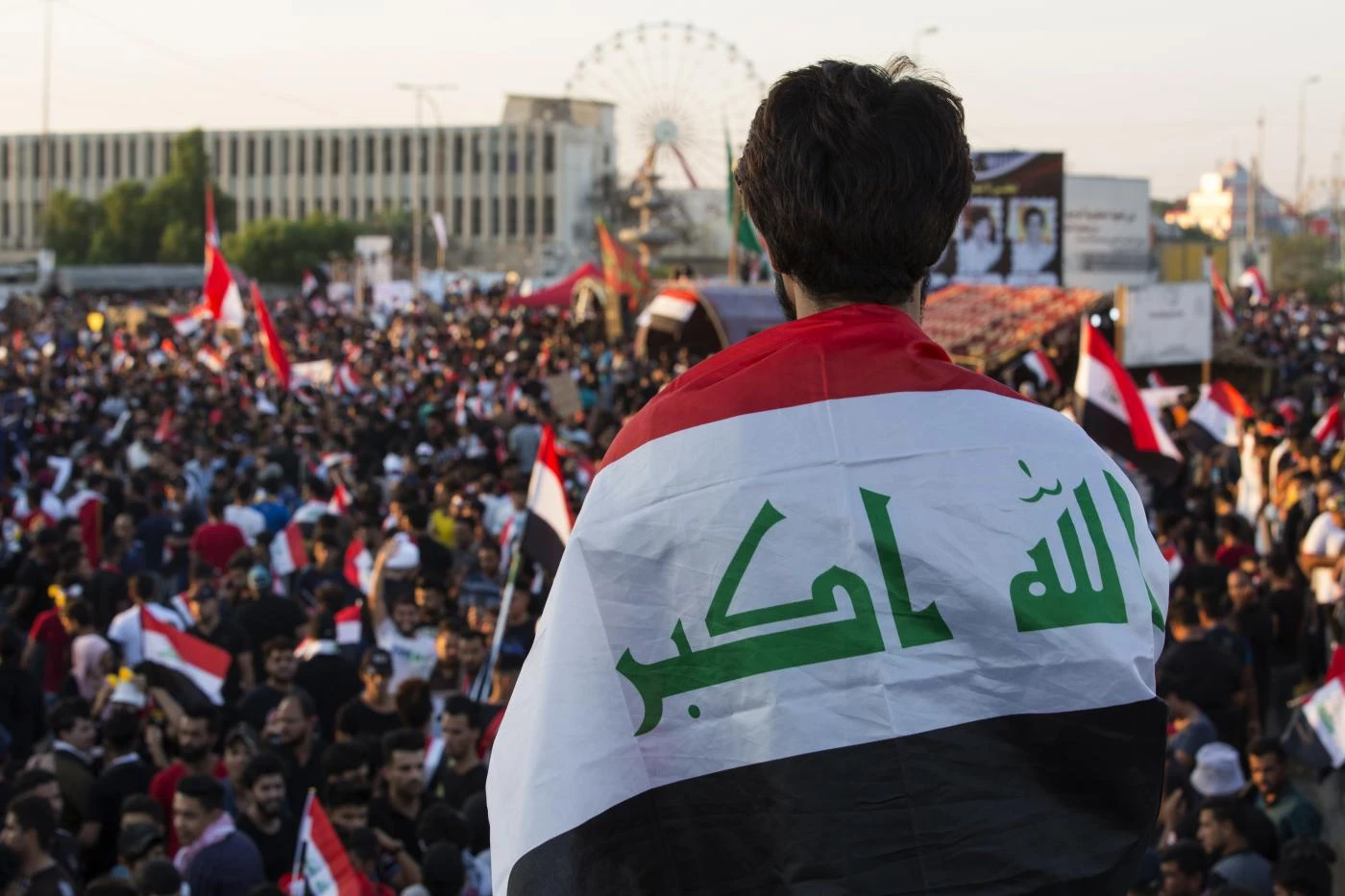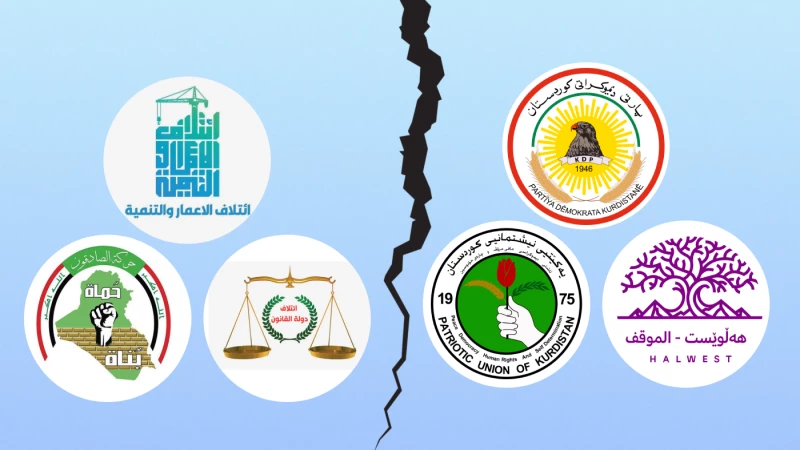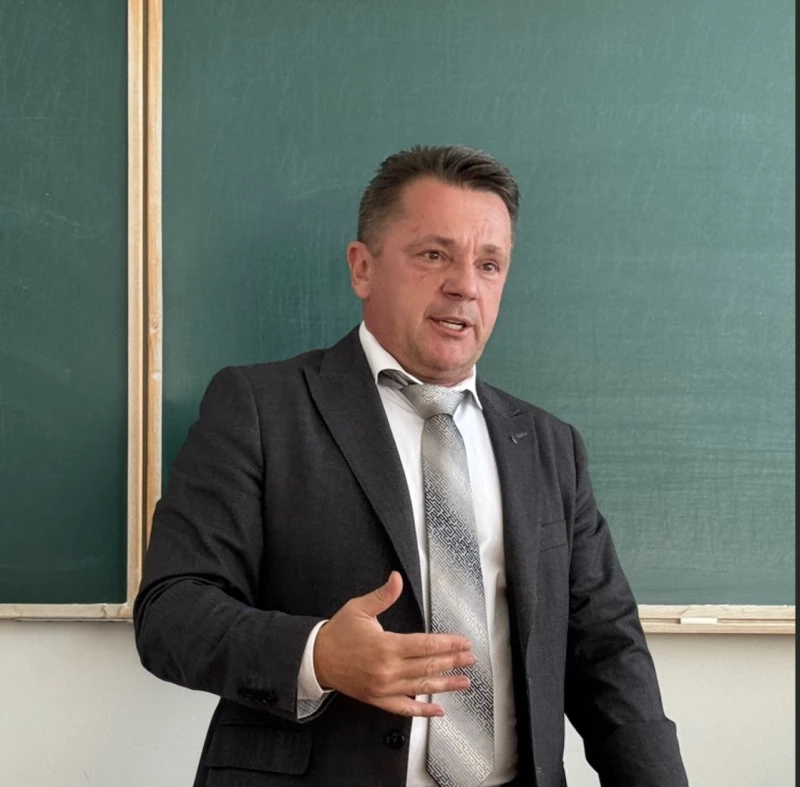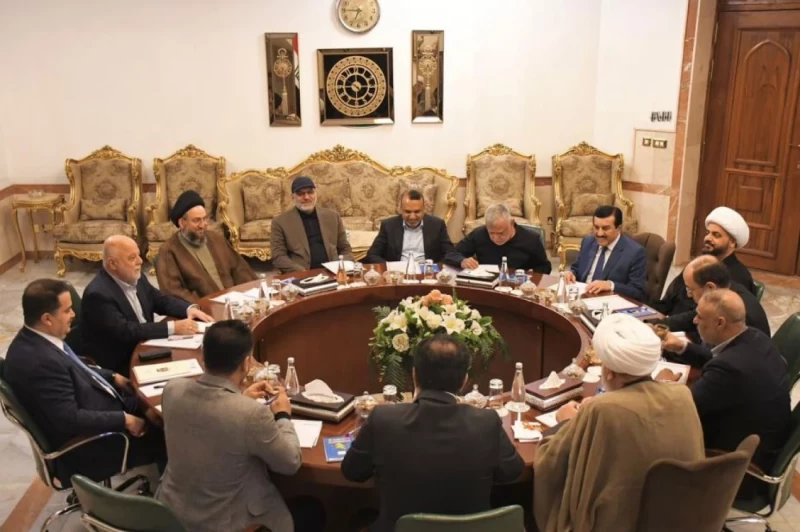I was among those advocating participation in the October 2021 elections until the assassination of civil activist Ihab al-Wazni on May 9, 2021. At that moment, I felt there was a determined effort to eliminate all young figures who could compete in the elections against Iran-backed Islamic parties. It seemed likely a massacre could unfold the closer we got to the elections, a continuation of the assassinations that had been taking place since the October 2019 uprising.
That is when I joined the call to boycott these elections that were eliminating rival candidates and had shown no hesitation in using terror to intimidate opponents, amid a dire failure of state agencies and the silence of most influential political figures. The assassination of Wazni passed without justice or accountability.
Mustafa al-Kadhimi deserves credit at that time for pushing forward investigations that led to the arrest of a suspect in Wazni’s assassination, despite the suspect being a leading figure in the militias. But later judicial proceedings released him. The entire scene revealed the state’s weakness in curbing militia powers and enforcing fair election competition rules.
Even so, the results of those elections were surprising. The armed groups and their political wings suffered significant losses, while Muqtada al-Sadr’s bloc emerged as the top winner. He successfully mobilized his base during the protests, reorganizing them as an opposition bloc to the status quo, even if he did not explicitly adopt the protesters’ demands. He played a role in ending their movement.
Some activists from the October uprising entered the new parliament, around 25 members, as well as a few independent candidates who later joined the Shiite Coordination Framework. Yet the majority of these new lawmakers had little impact, did not reflect the demands of their voters, failed to build strong coalitions, and did not make effective use of parliamentary tools or their positions to represent their constituents or grow public trust in them as opposition voices.
Part of this was expected, due to many October lawmakers being new to politics. Other factors included the ruling parties’ ability to suppress and intimidate opponents. A deeper reason lies in the disillusionment and comfort some lawmakers found in their new positions, at the expense of the slogans that had brought them to parliament.
As we approach new parliamentary elections in a few months, the question arises again: Is there a chance for a new political current to break into the scene? Have the rules of the game that shaped the 2021 elections changed?
In truth, the old rules largely remain, but there have also been serious shifts. On the negative side, militia-linked parties still dominate and are embedded in state institutions expected to oversee the elections. These parties will inevitably have some influence over the process.
On the positive side, major regional changes have occurred over the past two years. There is also growing division within the leadership of the ruling Shiite Islamist parties regarding Iraq’s regional and international interests. A desire to improve Iraq’s image in front of the international community is likely to curb the use of political assassinations in the upcoming vote.
There is also greater political maturity among opposition figures, many of whom were in protest squares five years ago. Most now understand that a political revolution through elections is unlikely. A shift like that requires foundation and continuity. They now know they must work within the prevailing political rules, which may mean sitting in the parliament next to those who were complicit in the 2019 killings. The political path follows rules that differ from protest and demonstration.
Those calling for a boycott of elections today, I believe, are only discouraging this opposition movement and its potential voter base, whether motivated by good or ill intentions, giving violent and chaotic forces another chance to dominate the political scene again.
The views expressed in this article are those of the writer and do not necessarily represent the position of The New Region



 Facebook
Facebook
 LinkedIn
LinkedIn
 Telegram
Telegram
 X
X


